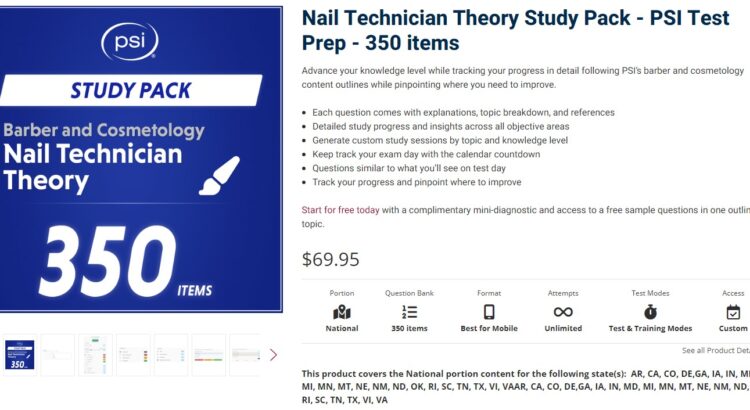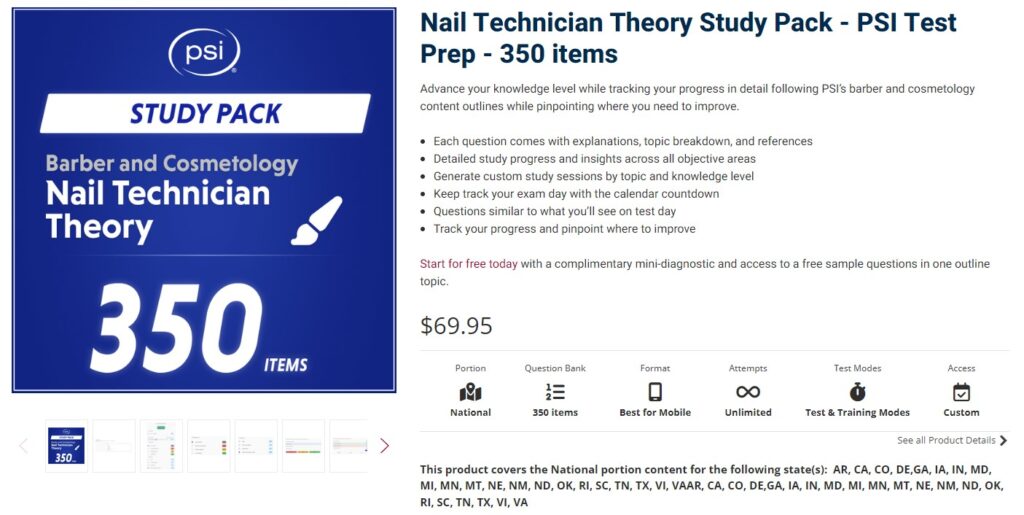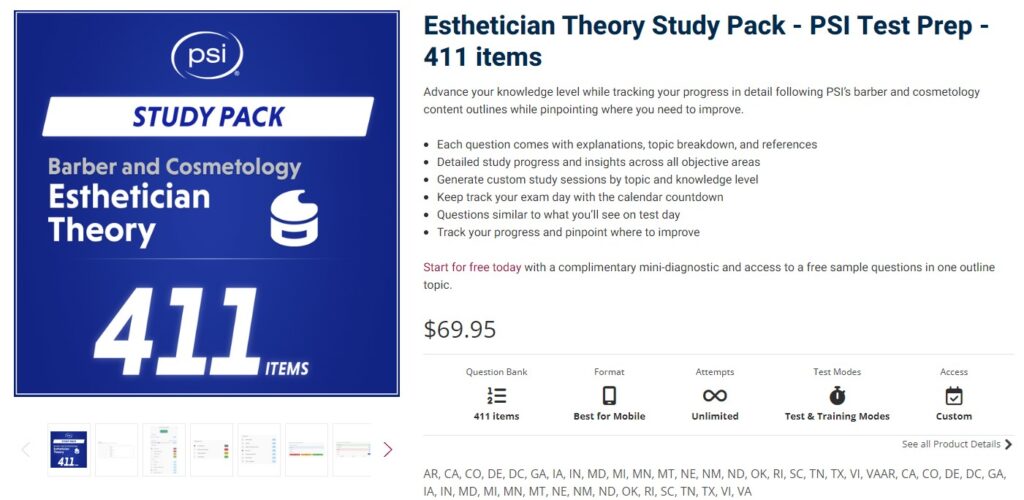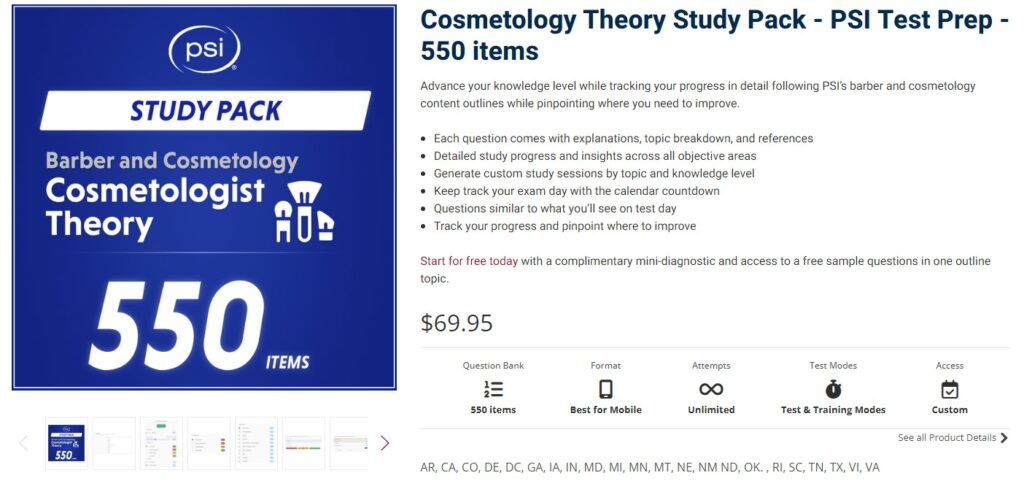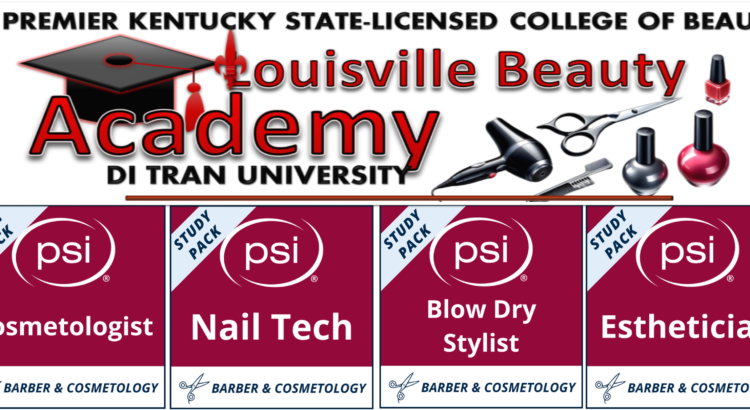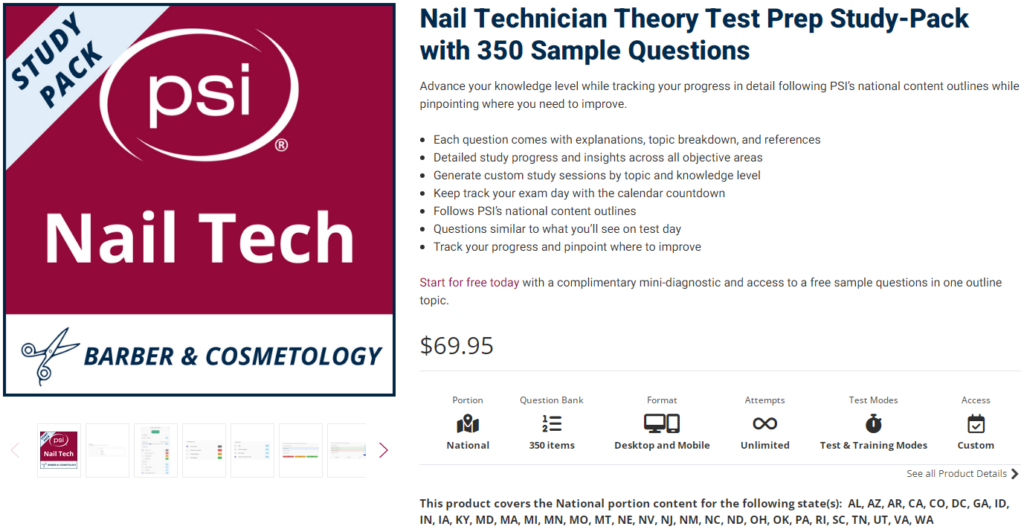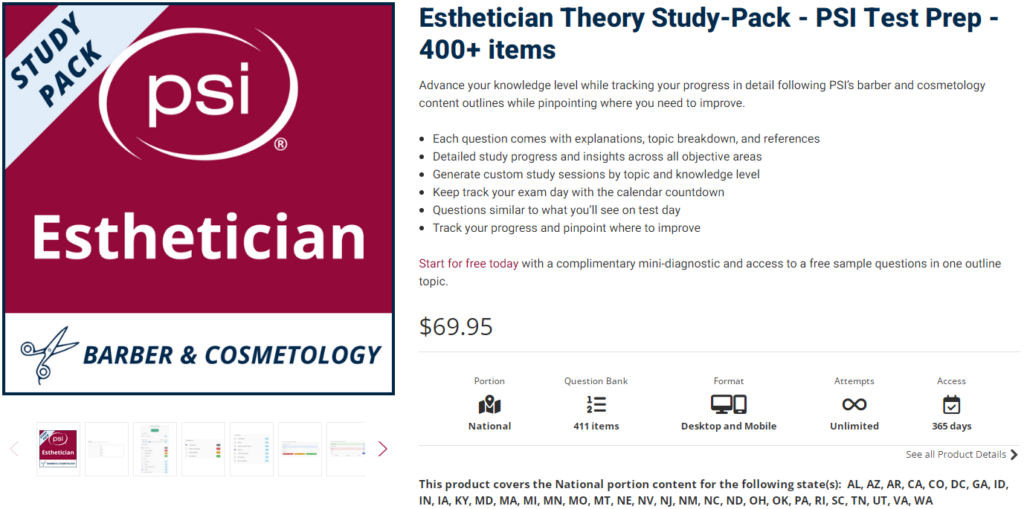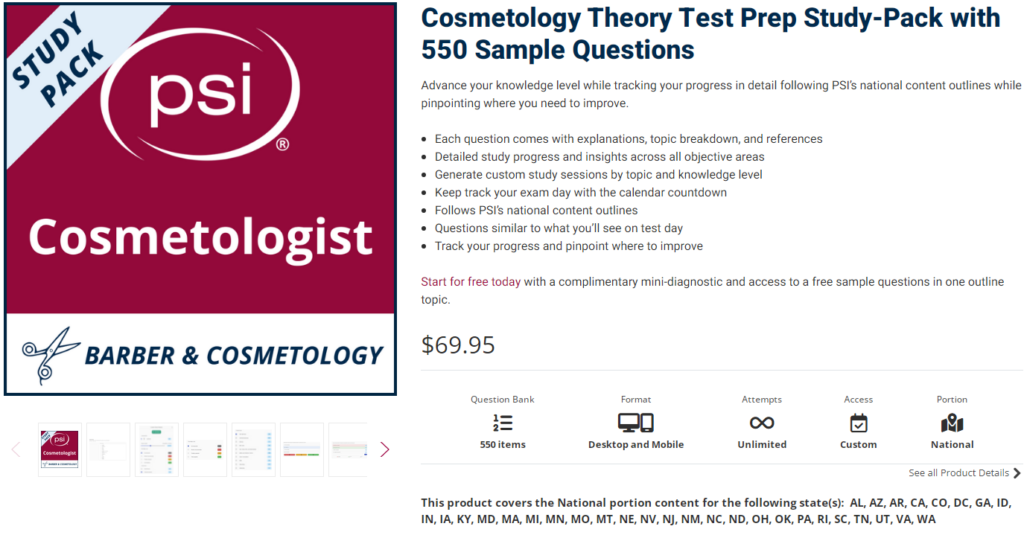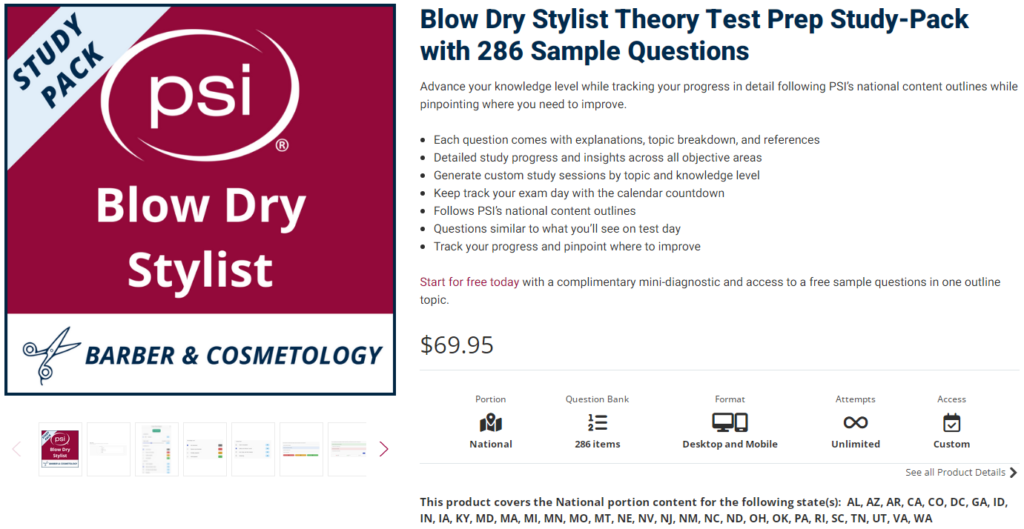In the beauty industry, where services span hair, skincare, and nail technology, maintaining top-tier sanitation isn’t just about professionalism—it’s a necessity. A safe, clean environment protects clients and staff, fosters trust, and underscores a salon’s dedication to excellence. For Louisville Beauty Academy, an institution offering specialized training for immigrants with limited English proficiency, these sanitation standards are paramount. Adherence isn’t just about meeting Kentucky state law requirements; it’s an embodiment of the ethos underpinning the beauty service trade.
1. Disinfection of Tools and Equipment
Every tool, from hair scissors to nail clippers, should be meticulously cleaned and disinfected post-use.
Reference: Milady’s Standard Cosmetology textbook (Milady, 2016) details the correct procedures for disinfecting tools and equipment.
2. Proper Hand Hygiene
Before any service, both the practitioner and the client should practice comprehensive hand hygiene.
Reference: Guidelines from the Centers for Disease Control and Prevention (CDC) on hand hygiene, as applied in healthcare contexts, can be adapted to beauty salon settings.
3. Use of Disposable Items
To circumvent cross-contamination, items like nail files, buffer blocks, and waxing sticks should be for single use only.
Reference: PSI, the national testing agency for the Kentucky state board of cosmetology, outlines guidelines on the utilization of disposable items.
4. Regular Cleaning of Workstations
Post-service, every workstation, including chairs, counters, and basins, should undergo a thorough wipe-down and sanitization.
Reference: Barbicide, an industry-standard, EPA-registered disinfectant, is frequently endorsed for these cleaning activities. Barbicide infection training ensures staff are well-acquainted with best disinfection practices.
5. Personal Protective Equipment (PPE)
During treatments, especially those involving chemicals or potential fluid contact, staff should don PPE—gloves, masks, and aprons.
Reference: Guidelines from the Occupational Safety and Health Administration (OSHA) discuss the appropriate PPE use across varied workplace environments.
6. Proper Storage of Products and Tools
Products should be stored in a cool, dry place, sealed to ensure freshness, while tools should be kept in closed containers after disinfection.
Reference: The Milady course offers comprehensive guidelines on best practices for product and tool storage.
7. Regular Training and Updates
Staying updated with evolving sanitation guidelines is pivotal. This calls for recurrent staff training.
Reference: The Professional Beauty Association (PBA) is an excellent resource for ongoing training and updates on sanitation best practices.
8. Ventilation
Especially in nail tech areas, efficient air circulation is crucial to prevent harmful fume buildup.
Reference: The International Nail Technicians Association (INTA) emphasizes the criticality of effective ventilation within nail salons.
9. Client Records
For the sake of traceability in any potential health-related incidents, keeping detailed client records is vital.
Reference: PSI prescribes the duration and nature of client record maintenance.
10. Safe Disposal of Waste
Sharp tools, chemical waste, and other hazardous materials should be discarded safely and in a segregated manner.
Reference: The Environmental Protection Agency (EPA) lays out guidelines for the proper disposal of hazardous waste.
Conclusion: The founder of Louisville Beauty Academy, a Vietnamese immigrant, accentuates in-depth learning. Regardless of language barriers, the academy assures that every student grasps the gravity and proper application of these sanitation practices. By staying true to these standards, beauty professionals not only stay within the law but also elevate the industry’s standing and guarantee client safety.
Disclaimer: Always refer to local regulations and authoritative bodies when shaping sanitation practices for your beauty establishment.

